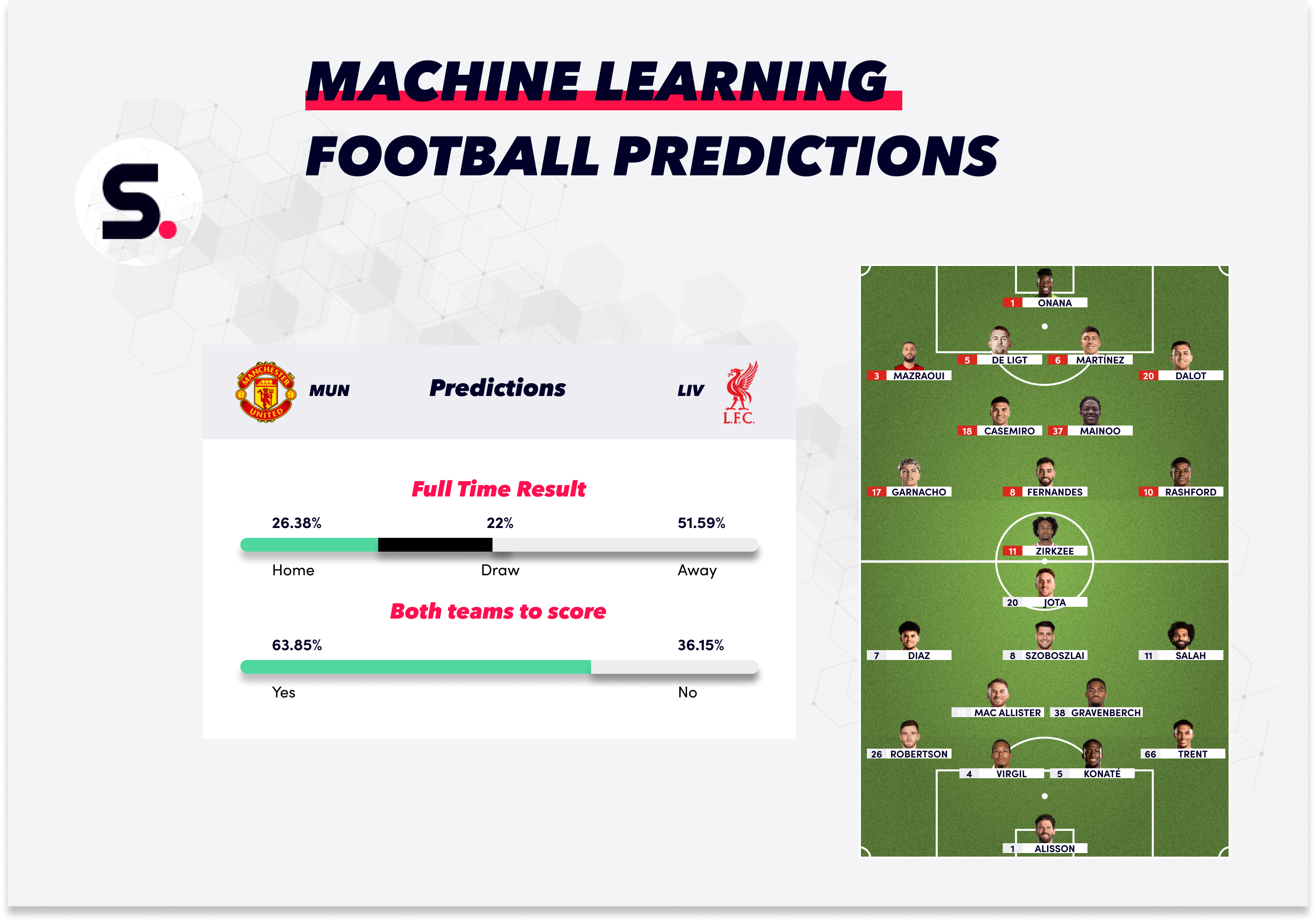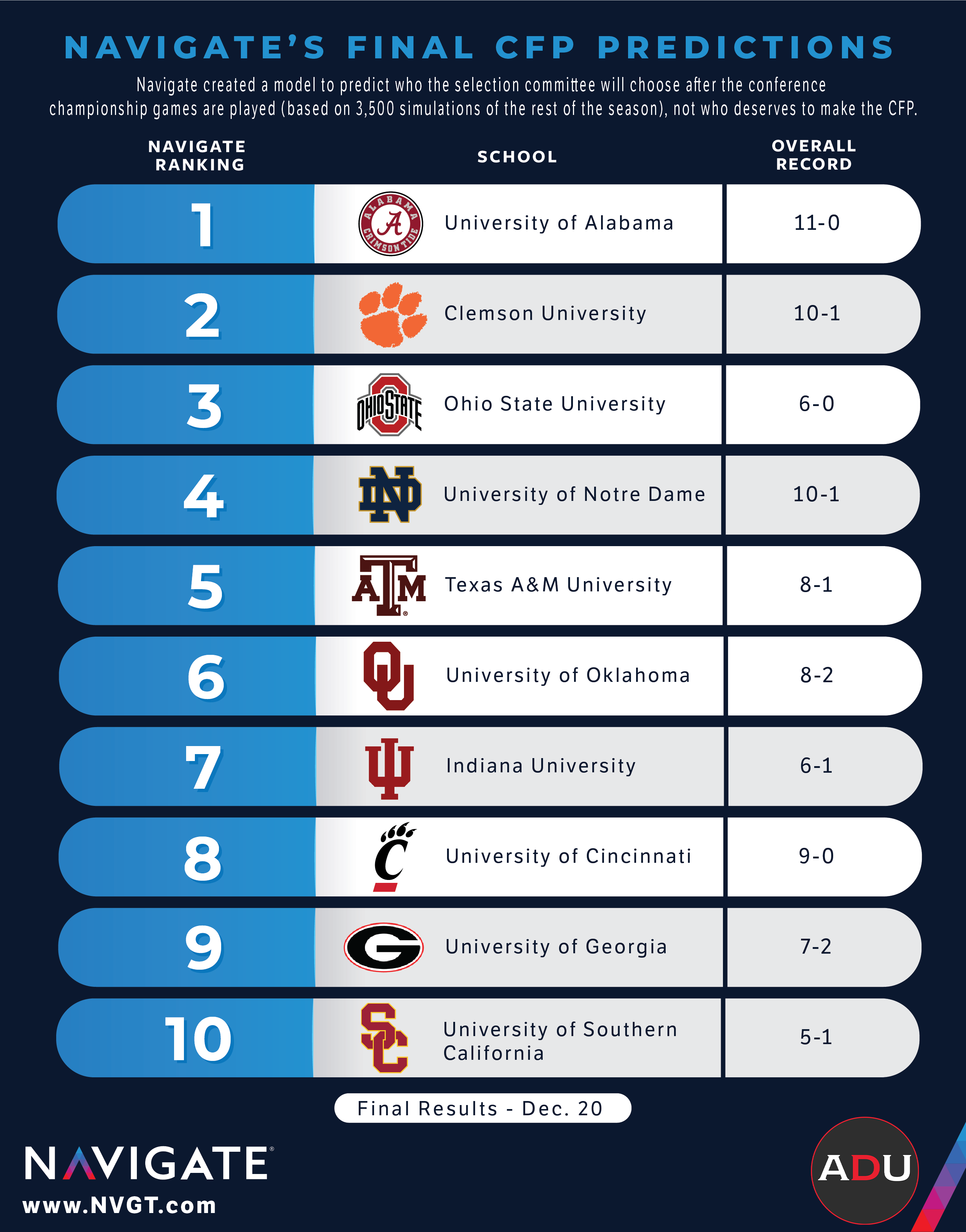
Absolutely! Here’s a long article (around 2800 words) about football prediction, incorporating your request to replace “ tags with `
` or `
` headings.
Football, the beautiful game, captivates billions worldwide. Beyond the thrill of watching live matches, a burgeoning industry revolves around predicting outcomes. From casual bets among friends to sophisticated statistical models, forecasting football results has become a complex blend of art and science. This article explores the various facets of football prediction, delving into the methods, challenges, and the ever-evolving landscape of this fascinating pursuit.

At its core, football prediction often starts with simple, intuitive approaches.
Head-to-Head Records and Historical Data
Historical data plays a significant role in initial predictions. Teams with consistently strong records against specific opponents are often favored. This includes analyzing past results, goals scored, and overall performance in previous encounters.
Form and Momentum
Recent performance is a crucial indicator. Teams on winning streaks or displaying strong offensive and defensive capabilities are considered more likely to succeed. Conversely, struggling teams with poor form face a higher risk of defeat.
Home Advantage
Playing at home provides a significant psychological and logistical advantage. Familiar surroundings, enthusiastic support, and reduced travel fatigue can contribute to improved performance.

As data availability has exploded, statistical models have become increasingly sophisticated.
Expected Goals (xG)
xG quantifies the quality of scoring opportunities. It measures the likelihood of a shot resulting in a goal based on factors like shot location, angle, and type. xG models provide a more nuanced understanding of offensive performance than simply counting goals.
Elo Ratings
Originally developed for chess, Elo ratings have been adapted for football. They assign numerical values to teams based on their performance, with higher ratings indicating stronger teams. Elo ratings are updated after each match, reflecting changes in team strength.
Poisson Distribution
The Poisson distribution is used to model the probability of a team scoring a specific number of goals. By analyzing average goals scored and conceded, this model can estimate the likelihood of different scorelines.
Machine Learning and AI
Machine learning algorithms can analyze vast datasets to identify patterns and predict outcomes. These models can incorporate numerous variables, including player statistics, team tactics, and even weather conditions.
Neural Networks
Deep learning neural networks, a subset of machine learning, are capable of learning complex relationships between variables. They can be trained on massive datasets to improve prediction accuracy.
Random Forests
Random forests are ensemble learning methods that combine multiple decision trees to make predictions. This approach reduces overfitting and improves robustness.
Despite the advancements in prediction methods, several factors can introduce uncertainty and affect accuracy.
Team News and Injuries
Key player injuries or suspensions can significantly impact team performance. Last-minute changes to lineups can disrupt tactics and reduce effectiveness.
Managerial Changes
New managers bring different philosophies and tactics, which can take time to implement. Initial periods of adjustment can lead to unpredictable results.
Weather Conditions
Extreme weather conditions, such as heavy rain or strong winds, can affect gameplay and reduce the effectiveness of certain tactics.
Motivation and Context
The importance of a match can significantly influence player motivation. Cup finals, derbies, and relegation battles often produce unexpected results due to heightened emotions and stakes.
Luck and Randomness
Football is inherently unpredictable. Deflections, refereeing decisions, and individual errors can significantly alter outcomes.
Live in-play betting and predictions add another layer of complexity.
Real-Time Data Analysis
Live predictions require rapid analysis of real-time data, including possession, shots, and player movements. This necessitates sophisticated algorithms and high-speed data processing.
Momentum Shifts
Momentum can change quickly in football. A single goal or red card can drastically alter the course of a match.
Psychological Factors
The pressure of live betting can influence decision-making. Emotional biases and impulsive actions can lead to poor predictions.
Football prediction and betting should be approached responsibly.
Problem Gambling
The addictive nature of gambling can lead to financial and personal problems. It’s crucial to set limits and seek help if needed.
Match Fixing
Match fixing undermines the integrity of football. It’s essential to support organizations combating corruption and promoting fair play.
Data Privacy
The collection and use of personal data for prediction purposes raise privacy concerns. It’s important to ensure data is handled ethically and securely.
The field of football prediction continues to evolve rapidly.
Advanced Analytics
The increasing availability of data will lead to more sophisticated analytical models. Player tracking data, for instance, provides detailed insights into player movements and performance.
Artificial Intelligence Advancements
AI and machine learning will play an even greater role in prediction. Deep learning models will become more accurate and capable of handling complex scenarios.
Personalized Predictions
AI-powered platforms may offer personalized predictions based on individual preferences and risk tolerance.
Virtual Reality and Simulations
Virtual reality and simulations can provide immersive experiences for analyzing matches and predicting outcomes.
Blockchain and Decentralization
Blockchain technology can enhance transparency and security in betting and prediction platforms.
Football prediction is a multifaceted pursuit that combines statistical analysis, psychological insight, and a touch of intuition. While no method can guarantee perfect accuracy, the continuous development of advanced models and data-driven approaches enhances the ability to forecast outcomes. Whether it’s the thrill of a successful bet or the intellectual challenge of analyzing complex data, the allure of predicting football results remains strong. As technology advances and data availability expands, the future of football prediction promises to be even more exciting and sophisticated.